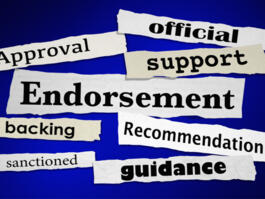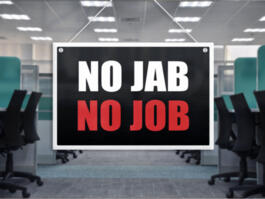November 4, 2021
KEY POINTS FROM THIS ARTICLE
— When viewed without a party lens, there is majority support for aspects of the Freedom to Vote Act. But Joe Biden and Donald Trump voters express dramatically different opinions on this topic, and, by association, they have divergent viewpoints on the debate currently occurring in the U.S. Senate. (see Figure 1 below)
— Opinions are even more polarized on legislation currently being considered at the state level. Biden voters perceive these efforts as tantamount to legalizing voter suppression and giving state legislatures a free hand to prevent certification of elections based on the suspicion of fraud alone. Trump voters view these efforts as necessary to protect against voter fraud and ensure the integrity of our elections. (see Figures 2 and 3 below)
— Donald Trump and Trumpism sit at the center of the “why” behind the conflicting and contrasting viewpoints on this vitally important issue. Support for protecting and expanding access correlates with the belief that the reelection of Donald Trump would have resulted in lasting harm to the United States. These voters are programs voters who exhibit what we are calling a “multi-cultural populism” that supports government doing more to help people and views ongoing conflict as a harbinger of bad things to come. Conversely, support for a more restrictive view of voting rights and access correlates with the belief that there was a hidden “deep state” effort to undermine the presidency of Donald Trump. These are values voters who exhibit “nationalistic populism” leanings, are motivated by a shared identity, and embrace most aspects of what is commonly referred to today as Trumpism.












